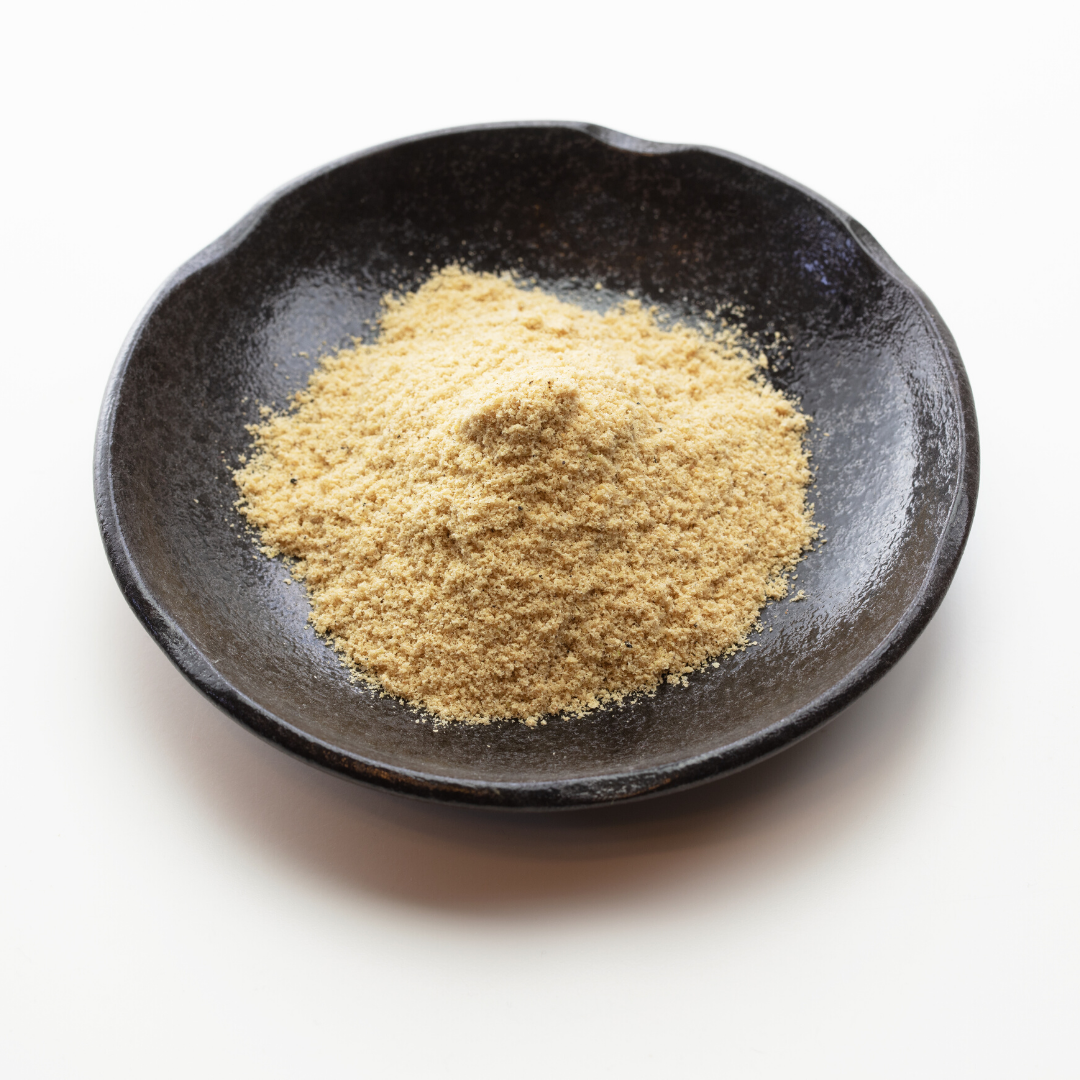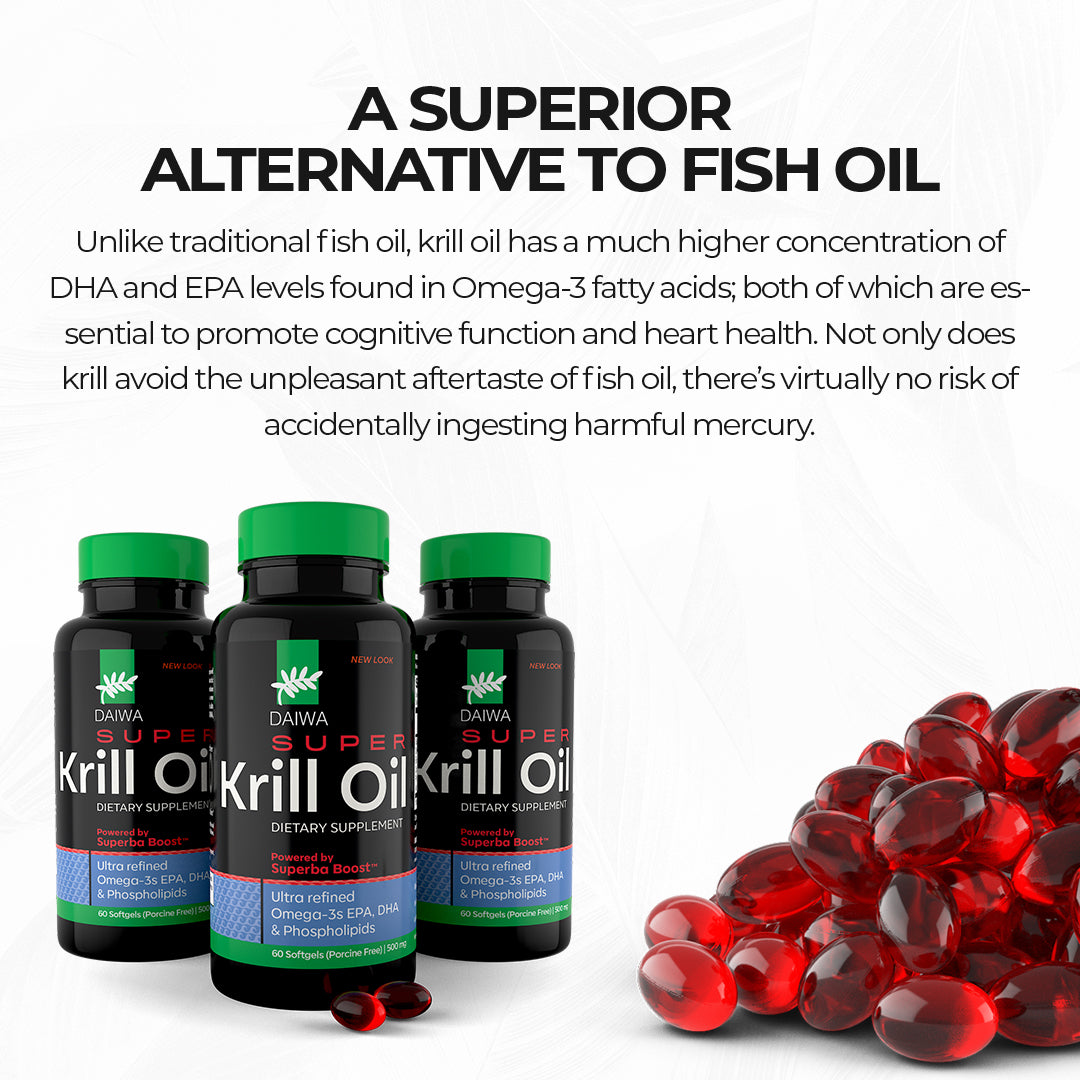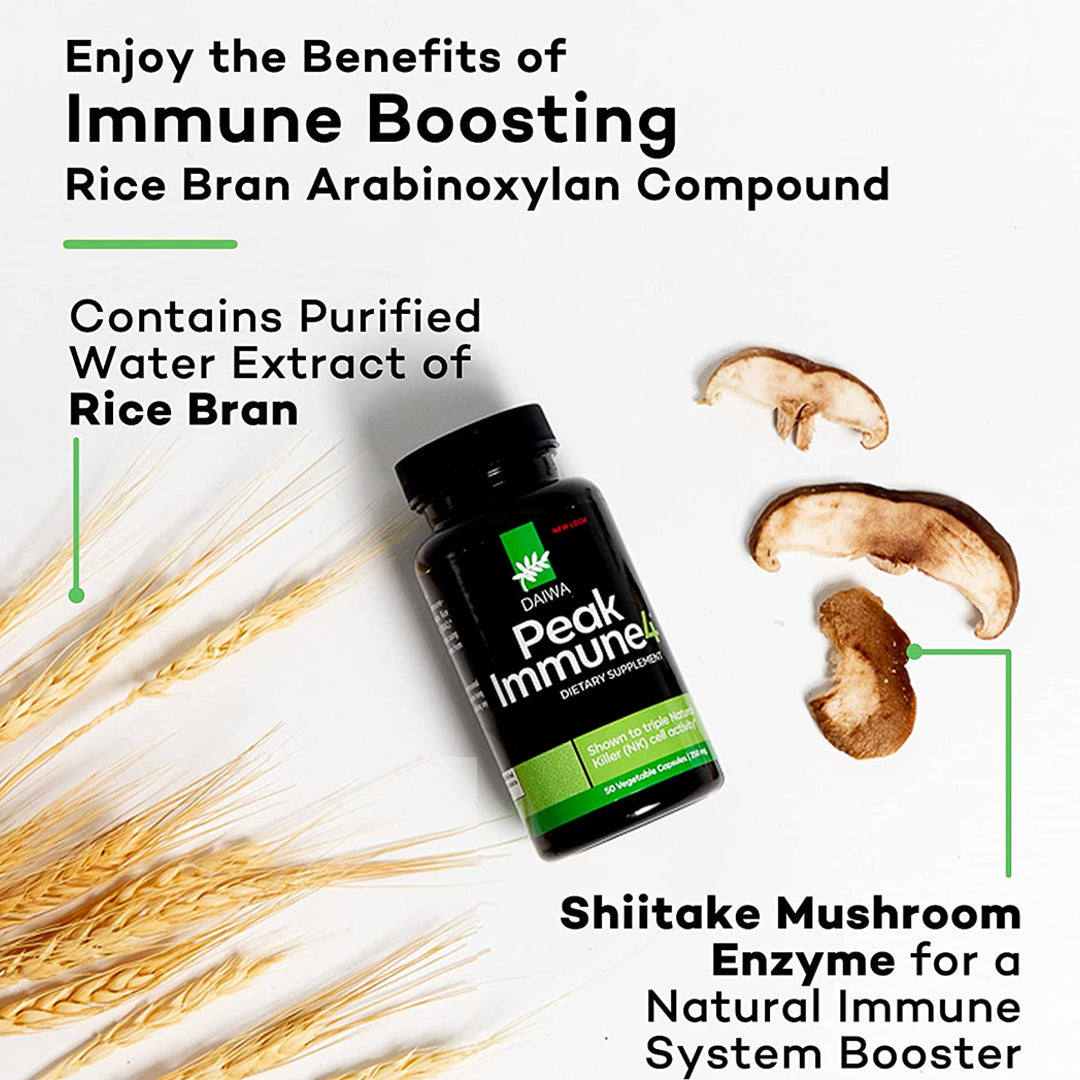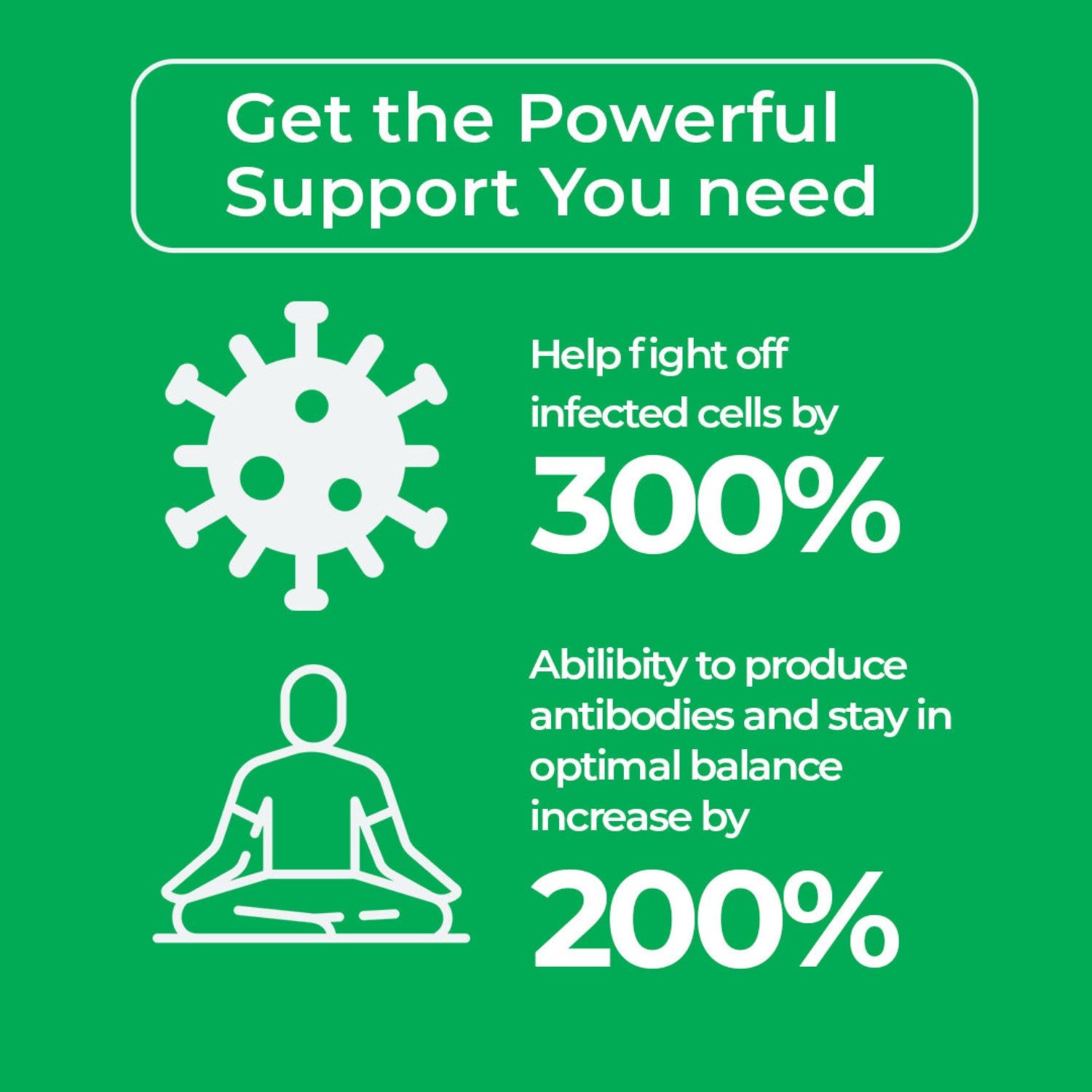At Daiwa Health Development, we believe nutrition is most powerful when it’s practical. Many people hear the term “plant based diet” and imagine giving up everything they enjoy, but that approach isn’t reality.
There are several types of plant-based diets, each with its own balance of flexibility, structure and health benefits. Understanding these variations can help you find the path that supports your brain health, gut function and long-term wellness.
Why Plant Based Eating Matters
Plant based eating is about more than what’s on your plate. It’s a shift in how we think about food, health and longevity.
Decades of research show that a plant based diet reduces the risk of heart disease, supports weight management and provides the nutrients our bodies need for energy and repair. Many plant-based diets are rich in whole grains, nuts, and legumes, which can help reduce cholesterol and lower the risk of heart disease.
Unlike fad diets, plant based foods bring diversity—fruits, vegetables, whole grains, legumes, nuts and seeds all deliver compounds that animal products can’t match.
A balanced approach can improve mental health, strengthen joints and optimize digestion and still allow for flexibility depending on your lifestyle.
The Spectrum of Plant Based Diets
When people ask about the three main types of plant-based diets the answer often comes down to vegetarian, vegan and semi vegetarian approaches.
But within these broad categories are several subtypes. Vegetarian diets can be further divided based on whether they include eggs, dairy, or seafood. Each one excludes or includes different animal foods and each has its own considerations for adequate intake of protein foods, vitamins and minerals.
Vegetarian Diets
A vegetarian diet excludes meat and poultry but often allows dairy products, eggs or both. Some people choose this for ethical reasons, others for the health benefits of eating fewer animal derived products.
- Ovo-vegetarians include eggs but not dairy foods.
- Lacto-vegetarians consume dairy products but not eggs.
- Lacto ovo vegetarian diets allow both eggs and dairy, making it easier to ensure adequate intake of protein and vitamin B12.Lacto-ovo vegetarian diets include both eggs and dairy products but exclude meat and fish.
These versions of vegetarian diet patterns give people the freedom to avoid meat eaters’ common health concerns while still enjoying a wide range of protein foods.
There are also easier to maintain in social settings where vegetarian meals are more widely available.
Vegan Diets
Vegan diets are more restrictive because a vegan diet excludes all animal products—dairy foods, eggs and often even honey. For some it’s about animal welfare or environmental sustainability, for others it’s purely health related.
The challenge with vegan diets is ensuring enough protein, vitamin D, calcium and vitamin B12. Plant based sources like soy milk, soy yogurt, legumes, nuts and seeds and fortified foods can fill these gaps.
Nutritional yeast is often used for its vitamin B12 and plant based protein powders can support muscle maintenance. With good planning a vegan diet delivers several health benefits without compromising energy or bone health.
Pro Tip:
When following vegan diets, rotate high protein plant foods like lentils, chickpeas, tofu and quinoa. This variety ensures adequate intake of essential nutrients and reduces the risk of deficiencies.
Semi Vegetarian or Flexitarian Diets
A semi-vegetarian diet, commonly known as a flexitarian approach, primarily focuses on plant-based foods while allowing occasional consumption of meat, poultry, or fish.
This style of eating has become popular among those looking to lose weight, to improve heart health or to reduce their environmental footprint. Pescatarian diets are primarily vegetarian but include fish and shellfish.
Flexitarian diets are plant based but not rigid. They allow for cultural dishes, family traditions or personal preferences without sacrificing the overall health benefits of more plant foods. For many this way makes the diet sustainable long term.
Whole Food Plant Based Diets
A whole food plant-based diet (WFPB) is not just about eliminating animal products; it’s also about avoiding processed foods.
Followers eat minimally processed foods like brown rice, beans, fruits, vegetables and nuts and avoid sugar sweetened beverages, refined grains and packaged snacks.
The philosophy here is that whole foods deliver dietary fiber, antioxidants and essential nutrients that protect against cardiovascular disease and certain chronic health disorders.
Studies published in the British Medical Journal show that higher vegetable consumption and vegetable intake reduces the risk of heart disease, stroke and certain cancers. Research also suggests that diets rich in fruits and vegetables may help slow or prevent cognitive decline.
Mediterranean Diet
The Mediterranean diet is another example of a primarily plant-based lifestyle. Centered around vegetables, whole grains, legumes, nuts, seeds and olive oil, it includes fish and seafood regularly and only limited amounts of meat, poultry or dairy products.
Research consistently links this diet to reduced risk of coronary heart disease, weight control and better bone health. It also emphasizes citrus fruits, fruit juices and social mealtime habits which support both physical and mental wellbeing.
How Plant Based Diets Support Health
The health benefits of choosing more plant-based foods are well established. Whether you choose a vegetarian or vegan diet or lean towards semi vegetarian patterns you’ll likely see improvements in weight management, lower risk of heart disease and better long-term outcomes for certain chronic diseases.
Following a plant-based dietary pattern is associated with a lower body mass index.
Plant based protein sources provide the amino acids for muscle health. Nuts and seeds provide healthy fats for cardiovascular health.
Whole grains like brown rice support digestive health and fortified foods ensure adequate intake of micronutrients that may be lacking when animal products are minimized. Many vegans and vegetarians are at risk for deficiencies of nutrients such as iron and calcium.
At Daiwa Health Development we’ve seen how even small changes towards more plant-based meals can improve energy, stabilize mood and manage inflammation markers tied to cardiovascular disease.
Common Concerns About Plant Based Diets
Some people worry that a food plant-based diet won’t provide enough protein. In reality plant based protein sources like beans, lentils, tofu and tempeh deliver plenty. Pairing them with whole grains makes it easy to meet daily requirements.
Others wonder if they can still eat meat occasionally. The answer is yes—flexitarian diets prove that reducing rather than eliminating animal foods still produces measurable health benefits.
What matters is consistency: the more plant based foods you eat the more protection you get against heart disease and high blood pressure.
Pro Tip:
Choose soy milk or soy yogurt for extra protein and calcium. Add nutritional yeast to meals for vitamin B12. These simple swaps ensure adequate intake while keeping meals flavorsome and satisfying.
Plant Based Diets and Disease Prevention
Decades of research from organizations like the U.S. Department of Health and Human Services show that plant-based diets reduce the risk of cardiovascular disease, coronary heart disease and certain cancers.
By reducing saturated fat from animal products and replacing it with plant-based alternatives you can significantly improve long term health outcomes.
Eating more plant-based foods also helps regulate blood sugar, lower high blood pressure and manage inflammation. These changes are especially important for those managing existing health conditions like type 2 diabetes or autoimmune disorders.
The Role of Supplements in Plant Based Eating
Even the best plant foods sometimes need support. Vitamin B12, vitamin D and omega-3 fatty acids are nutrients that can be difficult to get without animal products. Supplements fill the gaps. This void is where Daiwa Health Development comes in.
Our formulas support brain health, joint health and cardiovascular resilience whether you are fully vegan or semi vegetarian. Whatever your diet, the right supplement plan ensures balance and protects long term health.
Simple Ways to Add More Plant Based Meals
A plant based meal doesn’t have to be complicated. Start small with oatmeal topped with nuts and seeds, a vegetarian meal like lentil curry over brown rice or a smoothie made with soy milk, spinach and fruit.
Gradually replacing meat and poultry dishes with plant based alternatives makes the transition manageable. Start small by making one meal per week a plant-based meal.
Over time your vegetable intake increases, your palate adapts and your energy stabilizes. These changes don’t just benefit your health they make daily life more enjoyable.
The Bottom Line: Choose Your Path
There are many types of plant based diets from vegan to vegetarian to semi vegetarian and beyond. Each has its own advantages and practical tradeoffs. The right choice depends on your goals whether that’s weight loss, bone health, cardiovascular support or simply eating more plant based foods for long term wellness.
Daiwa Health Development supports you wherever you are on this spectrum. By combining high quality supplements with healthy eating patterns we help people build strong foundations for brain, gut and joint health. The more plant based you are the more your body will thank you.








Leave a comment
All comments are moderated before being published.
This site is protected by hCaptcha and the hCaptcha Privacy Policy and Terms of Service apply.